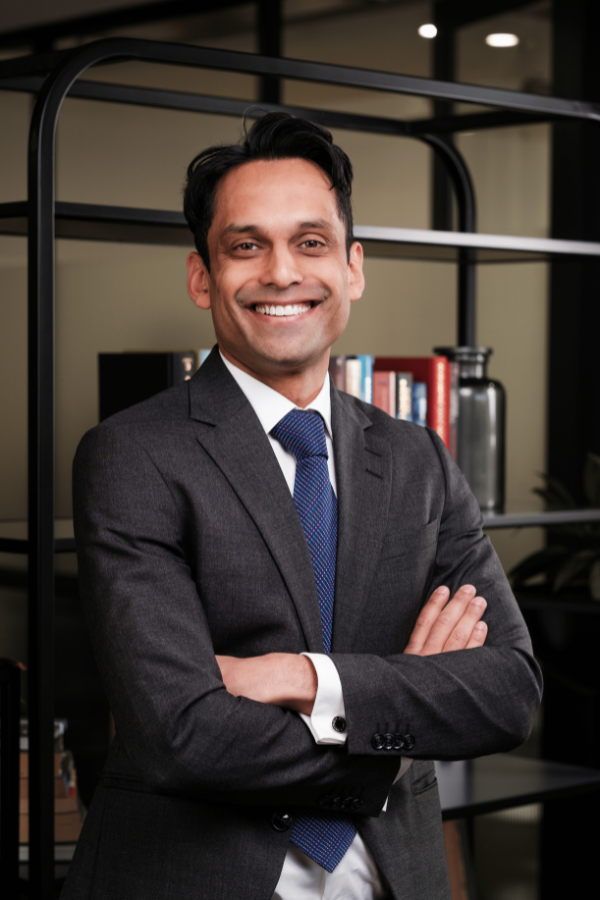Navigating Complexity is the term I use to describe the nature of life in this moment. We are living through, and navigating, one of the most profound periods of change and complexity in living memory. This is perhaps a once-in-a-lifetime reorientation, where global systems and orders across almost all key domains are shifting fundamentally.
At this moment in time, Donald Trump seems determined to leave his legacy on the world not by conforming to the existing world order and prevailing systems, but by re-creating the world in an image of his choosing. It is undoubtedly a precarious time, a time of great uncertainty. Anyone claiming to have certainty about the multi-order effects of the decisions that have been made is either a charlatan or a fool.
Now, as an African and a South African, it may feel especially overwhelming. The temptation may simply be to roll over, meet Trump where he is, and give in to the new administration’s demands.
In my opinion, when faced with significant uncertainty, as we are right now, sometimes the most prudent course of action is patience. In the face of certainty, we require boldness, courage, and decisiveness. But right now, as African countries, we are dealing with a falling pack of cards, and truly, no one knows exactly how it is going to land.
But these are not ordinary circumstances, and we cannot be paralysed by fear. Moving from uncertainty to certainty requires clarity of thinking, foresight, and an appreciation of the fundamentals. This is undoubtedly a time for reflection, perhaps to see beyond the noise, the panic, and the hysteria. Instead, we must gain insights into the underlying principles that got us to where we are, and how we can navigate our way through this period of complexity in such a way that we gain advantage and benefit from the current chaos. This time requires calm heads and bold decisions.
As strategy consultants, we have spent countless hours thinking deeply about competition, not just within the local context, but also globally. In order to succeed, one must be able to compete. Life often is not fair, and shedding tears over its unfairness will not change the truth: life simply is not fair. Just because you were not born with a silver spoon in your mouth does not mean you cannot build something better, something more. In fact, those who have managed to do so and truly succeed have often mastered one key thing: leverage.
This is something we are deeply passionate about: maximising leverage. How do we apply the 80/20 principle in ways that drive clear, tangible results? How do we use it to build and sustain dominant, competitive positions? It does not happen by chance. It happens through focus, clarity, and purposeful execution.
Now, if we overlay the current geopolitical upheaval with the broader, shifting global dynamics around;
- Technology, robotics, and the AI wave,
- Demographics and the ageing populations of the developed world, alongside the youthful populations in Africa,
- The environment and ecological degradation,
- The energy transition.
What we find is that we are in the middle of a once-in-a-lifetime reorientation of foundational systems that govern, influence, and ultimately touch each and every one of us.
So how do we navigate this complexity?
In my view, now more than ever, we are required to develop a deeper understanding of the fundamentals. Having a clear set of principles allows us to build towards maximising leverage in the pursuit of value creation. This must be the starting point.
Now more than ever, strategy matters.
Over the next few weeks and months, AIA will be offering its perspectives, linked to our Navigating Complexity series and in our pursuit of African Intellectual Autonomy. The aim will be to focus on the fundamentals, stripping out the noise to see the signals. We hope that these contributions can enrich the discourse and ultimately help you, as business leaders, make better decisions that drive towards the creation of sustainable value, competitively.
Apr 2025 Navigating Complexity African Competitiveness
